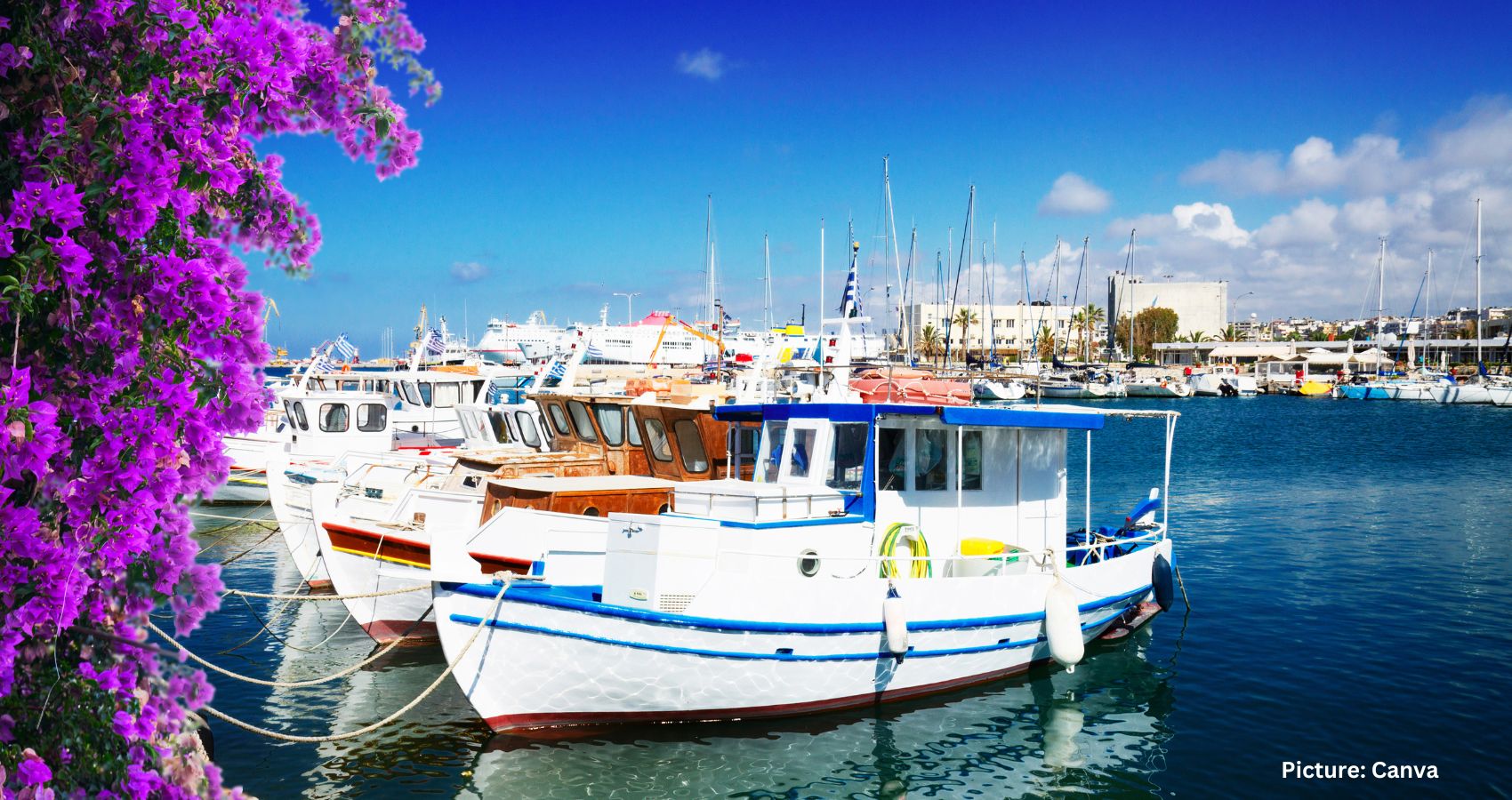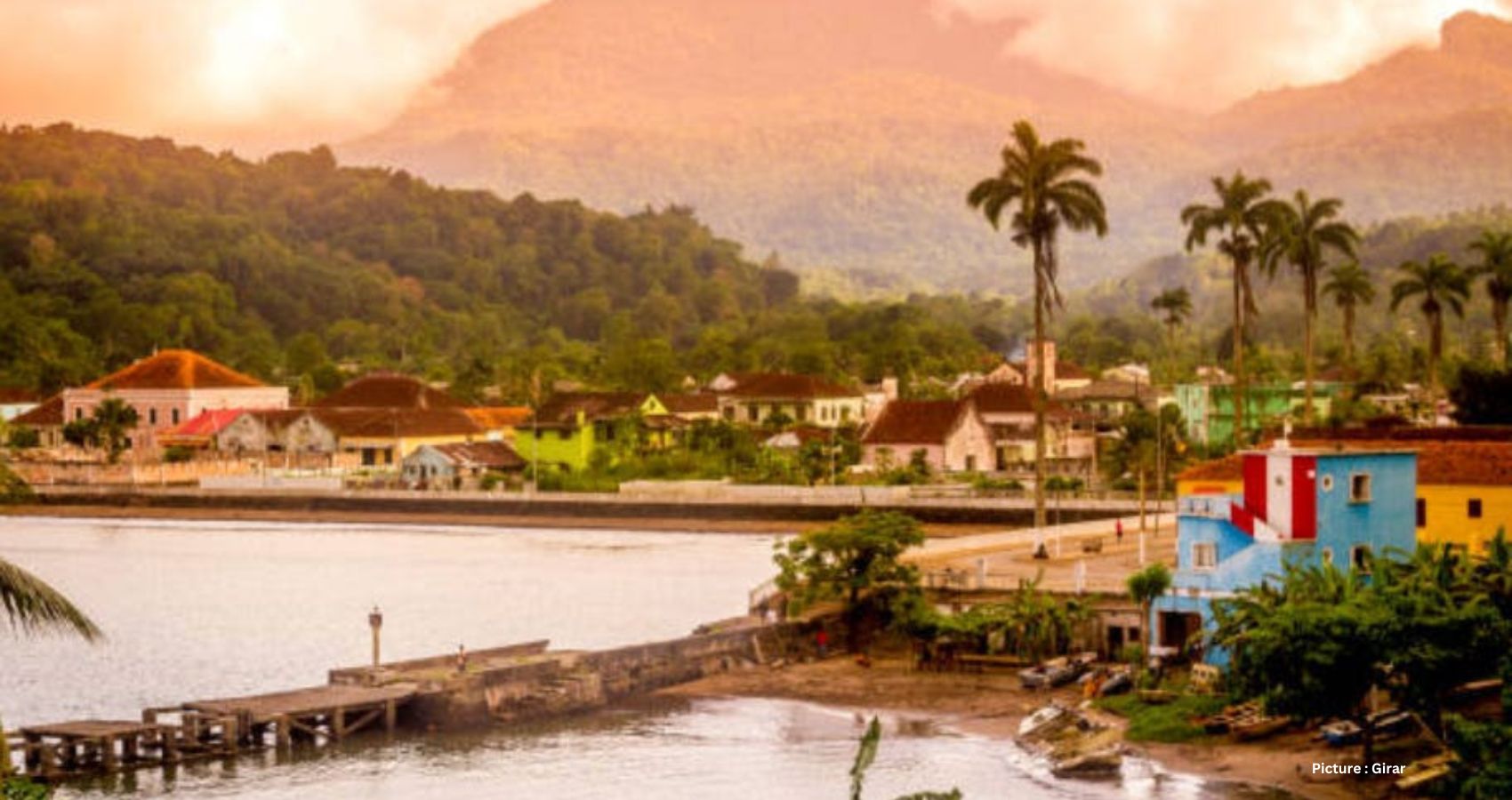Father is at the hospital and a mother is dying – not Father’s mother but a mother who is a patient – and the son is holding his mother’s hand and tears are streaming down the patient’s eyes and the son is shouting with anguish, « μητέρα μου, είσαι η μητέρα μου, δεν μπορώ να σε χάσω » and tears stream out of Father’s ducts and Father does not even notice them doing so.
Father holds his own mother’s hand every day. He holds her hand while his wife feeds her avgolemono in the breakfast hours. He holds her hand when the nurse comes to their home and checks her vitals. He holds her hand as she is going to sleep and he and his wife are singing her lullabies.
Girar is a reader-supported publication. To receive new posts and support my work, consider becoming a free or paid subscriber.
την Πόλη και τη Βενετιά τη Χιό με τα καράβια,
να γίνης άντρας ‘ξακουστός σ’ Άνατολή και Δύση,
καβάλλα στην Άγιά Σοφιά να πας να προσκυνήσης.
She who is dying, she is not Father’s mother. She is just his patient. He notices suddenly the wetness on his face and dries it with his handkerchief. He’s never cried when a patient dies. Even now he doesn’t feel emotional, and yet there are the tears.
Luckily no one is even looking at him. No one else even notices it. The nurse is looking at the patient, as is the son. The son holds his mother’s hand and shouts at her not to leave, but this woman cannot control what is meant to come. All of her muscles have stopped working. Her eyes remain stuck in place, staring up towards the ceiling, towards the firmament, towards the next dimension. A sudden wide gasp escapes from the woman’s mouth and her hands go purple and her eyes cloud. Her entire body becomes solid as stone.
The woman has died. Someone comes in to note the time and date. Father comes to the bedside and tells the son that nothing can cure old age. The heart just stopped, and it was a brave decision to decide to turn off life support. Her death was not the fault of the son, nor was it the fault of anyone at the hospital. It was just the inevitable result.
The patient’s son nods his head, but his eyes are so blank that Father wonders if he has understood. Father leaves after having done all of his paperwork, but somehow his own heart feels heavy like a log drowning in the river.
Someday, soon, his own mother will die, and Father will be the person on the other side of the bed, holding her hand, watching the life drain away from her eyes. He will be exactly like this man, looking back at all he has done, and wondering if it was truly enough for the people he loved.
Retirement.
The word returns to the foreground of Father’s mind. It’s an annoying thought that keeps coming up every day and almost at every hour. It tires him to maintain small talk with patients and to keep all of their information in the back of his mind as he figures out their medical problems. The patients aren’t always polite. Sometimes they are very rude. Some take out their own financial problems on him, and it isn’t Father’s fault that the medical infrastructure in Greece is falling apart. He tries his best to fix it in his own way through his work, but there is only so much one person can do, and even he is slowing down now that he is getting properly old, and his body is less able to tolerate the heat, the working hours, the complaints, the attitude.
Retirement. It’s such an easy answer.
It isn’t time yet to retire, Father reminds himself, and he leaves it at that. He rushes to see his next patient, a fisherman from the neighbouring town of Agia Pelagia. He has a hook stuck inside his foot, and it has gotten infected. Father organises the surgery to get it removed and considers which antibiotics are best given the fisherman’s pre-existing heart issues.
Father goes to see some other patients, and within two hours the surgery is done. The patient is happy, as the removal of the hook was quick and didn’t require too much medication, at a fairly small cost. The fisherman takes Father’s hand not only to shake it, but also to force it on top of his chest, while his eyes blaze with the warmth of two little suns.
« You are a miracle worker. I feel like Naaman being cured of leprosy. You come to my home someday. And bring many bags. I will give you enough fish for your family to eat for months! »
Father says « ευχαριστώ » and assures that he will come, but there is a turbulent feeling inside of him. Normally when he sees his patients this happy, he feels a sense of relief, or the validation of his steadfast belief in providing his medical services at all costs.
Instead, the same nagging thought is bubbling in the bottom of his belly and rising upwards towards his throat like gas.
Retirement. Retirement. He’s tired of these people. He’s tired of being responsible for their emotions. He’s tired of having to visit strangers, which results in him feeling emotionally drained. He’s tired of acknowledging them, being around them. It’s time to retire. He’s given himself to enough people for decades. It is finally enough.
Father leaves the patient and heads to the lift to see another patient who is on the third floor. He looks at the people around him. Some are visibly exhausted, like they just need to nap against the elevator door. Others are clearly affected by illness, and their bodies have had enough. It is hard enough to age, let alone deal with serious mental and physical concerns.
Father is at the exact age when pensions are starting to be mailed to him. Sixty-seven is when most people retire in this country. And he has earned a lot over the years. Inflation is horrid, and the cost of living is rising, but he has prioritised the goal of saving first for almost three decades. He next to never went out to eat, never bought a nice car or expensive fragrances, never took a trip once to another country, let alone to another island of his own country. He has a lot of savings, and they are going to be needed given how rough the next few years are looking.
Even if Greece becomes incredibly expensive, he has enough for himself and his wife. He can retire.
But what about the patients? And there aren’t that many people training to be doctors. The island of Crete is facing a shortage of medical workers. Father does not want to contribute to this major problem. His patients need him. Many times when he finishes up his work, he will be greeted with compliments like « Doctor, I don’t know what I would do without you » or « Doctor, you are the only good doctor of this hospital. » He is an objectively good doctor, in a country where few people take work seriously or care about producing proper results.
Father reaches his next patient. He seems to be one of the refugees, clearly African based on his complexion, hair, and features. The nurse informs Father of his background. He came from one of the illegal boats shipping people to Crete from Libya, and nearly drowned when it capsized a few kilometres away from shore. The medical infrastructure is already horrid in Crete, but it is being overwhelmed because so many new people are coming to their hospitals who have to be taken care of. Where’s the space? Where’s the equipment? Where’s the staff?
Retirement. It is not a crime to leave one’s work when it is getting tougher and tougher and less rewarding each day. Quite the opposite. Many valiant and hard-working people retire. Father swore an oath to his patients, but it isn’t meant to be lifelong. He even had the idea of retiring in his sixties when he first started hospital work in his thirties. It’s only because he knows life will be incredibly boring once he is done with his work. He’s used to dealing with patients day in and day out, not sitting out on his porch drinking a beer while the wind blows the fragrance of the olive trees from the field towards his home.
For now, he finishes up with the patient. He does his best, but the waterlogging in the patient’s body has caused a lot of permanent damage, and there’s no easy solution. Father can’t imagine what it is like to leave one’s family, in the hope of going to a richer country and making money that can be sent back to take care of one’s grandparents or cousins, only to have the possibility of any of it ended before the story can even start.
In many ways he’s not too different from this migrant. He wanted to do the best that he could do for his mother and his family in the village.
That was the promise he made to her, wasn’t it? Back when he was in the interior of the island, many hours south of here, he told her he wanted to be a doctor, yes, because he wanted to help others, but he also wanted to take care of his family. Over time he made it about the financial aspects of helping out, like sending money home, but there is also a lot of help that comes with just being there, holding her hand, and not just for thirty minutes during a weekend trip but being able to hold her hand each and every hour every day. That was what his mother did when Father was just a boy. She held him when he was learning how to stand upright, she took him by the hands and pulled him upwards as he took his first steps against the thistly ground.
That’s all that his mother wants at this point. She doesn’t want more money sent back to Atsipades. She doesn’t want her bills paid. She wants a son who will be there to hold her hand, no matter the hour of the day, no matter how little of her memory resides in her.
Father holds this patient’s hand. He is partly checking his pulse, but he also feels like holding someone’s hand now. He feels so much sympathy for this person. He knows this person made a lot of promises and sacrificed a lot, but unlike Father he will never know of or gain any returns from his decisions. Father’s situation is not like his.
Retirement. It’s not really that bad of an idea, actually.
Retirement. It won’t be something Father does because he’s tired, or because he’s sick of other people, or because he wants the easy way out.
Retirement. Yes, it’s time to retire, and it’s because of his promise to his mother to take care of her. And while the meaning of that has changed over the years, to fulfil that core promise now, he will have to return to her side, and her side only, and be with her.




